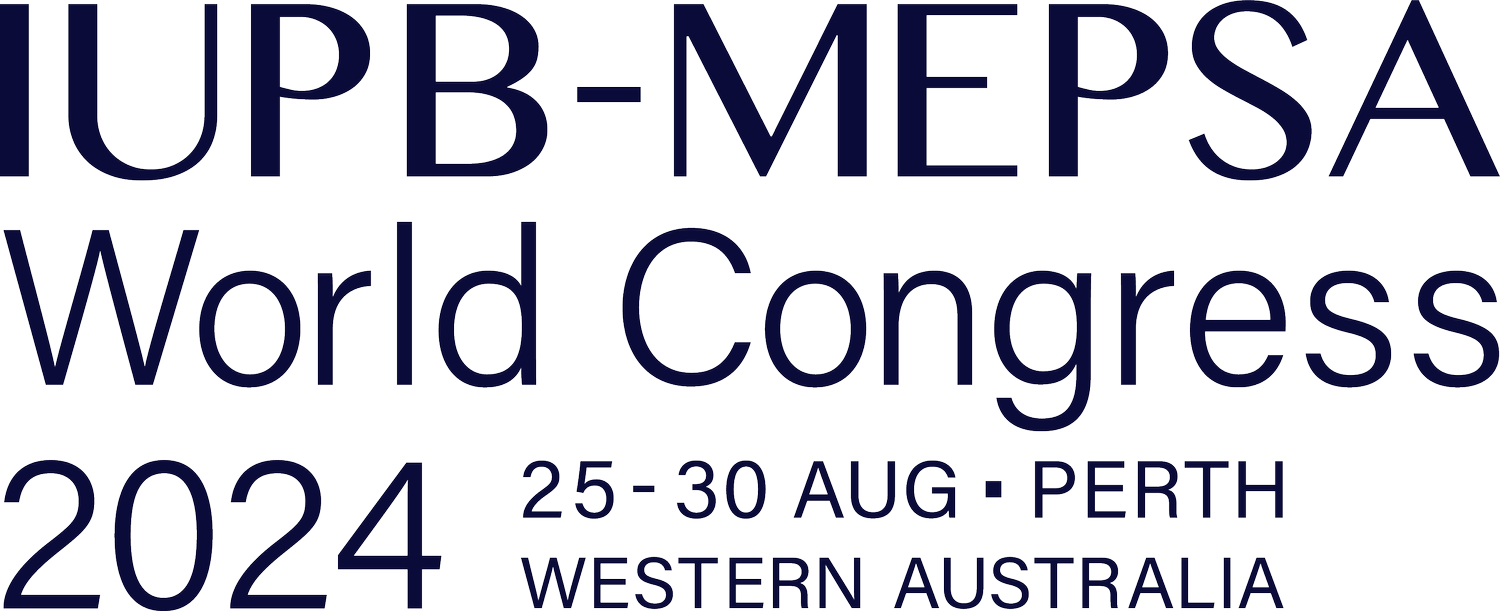Assoc. Prof Keiichi Inoue
Institute for Solid State Physics, the University of Tokyo, JP
Keiichi Inoue is an associate professor at the Institute for Solid State Physics, the University of Tokyo, Japan. He earned his Ph.D. in the study of the photoreaction dynamics of microbial and animal rhodopsins using the transient grating method under the supervision of Prof. Masahide Terazima in the Department of Chemistry, Kyoto University, Japan in 2007. From 2007 to 2009, he joined Prof. Masaaki Fujii and Prof. Makoto Sakai’s laboratory as a project assistant professor at the Chemical Resources Laboratory, Tokyo Institute of Technology, Japan, and developed infrared super-resolution microscopes. Subsequently, he moved to Prof. Hideki Kandori’s laboratory at Nagoya Institute of Technology, Japan. From 2009 to 2016, as an assistant professor, he conducted the study of the molecular mechanism of microbial rhodopsins using functional assay and spectroscopic methods. He then advanced to an associate professor at the same place, serving from 2016 to 2018.
Dr. Inoue’s current research focuses on the exploration of new functional rhodopsins and the physicochemical study of their molecular mechanisms by time-resolved spectroscopy, electrophysiology, and structural analysis. Notably, he identified light-driven outward sodium-pumping and inward proton-pumping rhodopsins. Leveraging these fundamental insights, he is also developing new artificial rhodopsins with novel or higher functionality useful for optogenetic applications. Additionally, he is pioneering machine learning methodologies for designing novel functional proteins.
For the achievements in his research, Dr. Inoue has received numerous accolades, including The Investigator's Award of Research Foundation by the Research Foundation for Opto-Science and Technology (2014), The Young Scientists’ Prize, The Commendation for Science and Technology by the Minister of Education, Culture, Sports, Science and Technology, Japan (2014), The Chemical Society of Japan (CSJ) Award for Young Chemists (2016), The 26th IUPAC International Symposium on Photochemistry, Awards for excellent presentations (2016), and The Sir Martin Wood Prize by the Millennium Science Forum (MSF) (2019).
Beyond his academic and research achievements, he has actively contributed to the Photobiology Association of Japan (PAJ) as a public-relations member since 2017.

